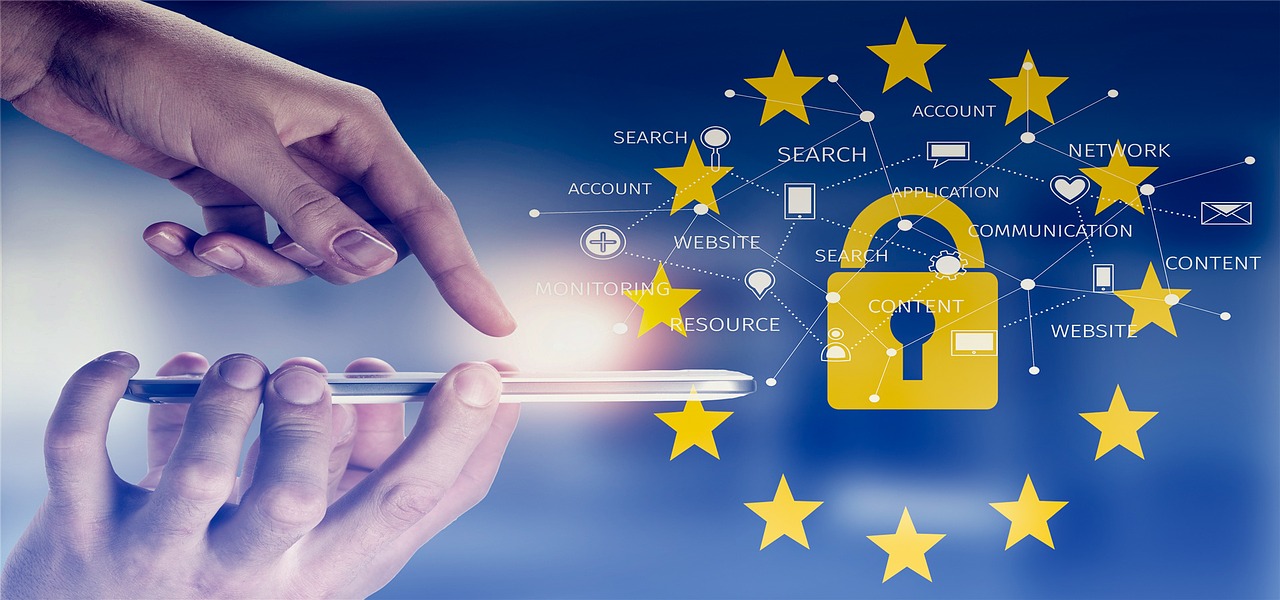By Joana Gama Gomes (Master in International and European Law from the University of Coimbra / Researcher at CIDEEFF - Centro de Investigação em Direito Europeu, Económico, Financeiro e Fiscal)
▪
The request for a preliminary ruling was submitted by a Hungarian court in criminal proceedings brought against a Swedish national, for infringement of the provisions of Hungarian law governing the acquisition or transport of firearms or ammunition. Although the facts of this case seem unrelated to the problem at hand, subsequent developments in Hungary during the course of this procedure raised a fundamental issue of EU law.
A declaration of illegality from the Hungarian Supreme Court and disciplinary proceeding against the referring judge led him to ask the Court two crucial questions – whether EU law precludes a national court of last instance from declaring as unlawful a decision by which a lower court makes a request for a preliminary ruling, and whether the principle of judicial independence precludes disciplinary proceedings being brought against a judge for having made such a request for a preliminary ruling.
Continue reading “Can a judge’s request for a preliminary ruling be illegal and lead to disciplinary action? – The Court of Justice conclusions in case C-564/19”






